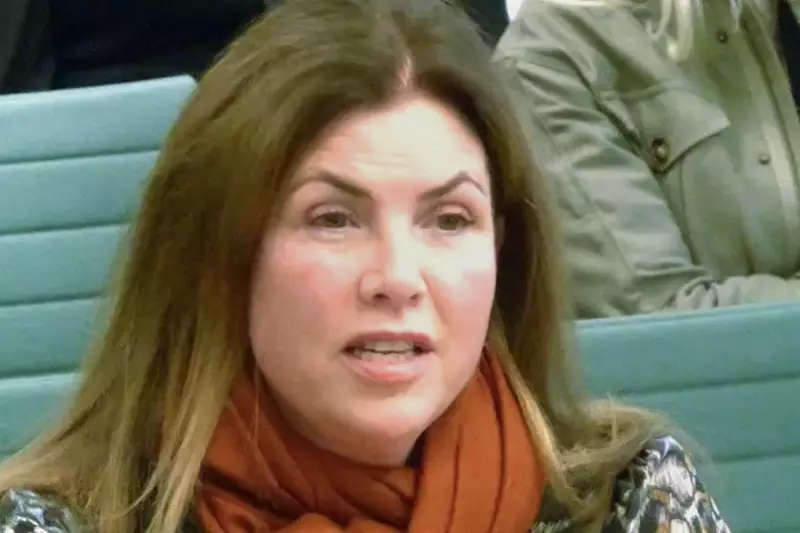
Television presenter Kirstie Allsopp has made a powerful plea to Members of Parliament, calling for the complete abolition of stamp duty land tax. The property expert argued that the tax is creating significant distortions in the UK housing market and preventing people from moving home.
Market Distortions and First-Time Buyer Impact
Appearing before the Treasury Committee on Wednesday 12 November 2025, the host of Location, Location, Location was unequivocal in her stance. When asked if she believed the tax should be abolished, she simply replied, "I do."
Allsopp provided compelling evidence of how speculation about potential changes to stamp duty is currently affecting buyer behaviour. "I'm seeing it all the time," she stated, explaining that young people are often purchasing more expensive properties than they can realistically afford. Their motivation, she revealed, is the desire to avoid paying stamp duty a second time in the future.
She also highlighted a trend where families are choosing to extensively alter their existing two and three-bedroom houses rather than face the high cost of moving. "I think we're actually damaging our first-time buyer housing stock because of stamp duty," Allsopp warned, suggesting the tax is locking people into unsuitable homes and reducing the supply of starter properties.
Economic Consequences and Regional Disparities
The economic argument for reform was a central theme of the hearing. Allsopp emphasised that when people move, they buy physical items, often from UK retailers, which acts as a vital economic driver. "People should be able to move house cheaply and easily," she concluded.
Her concerns were echoed by other property experts. Richard Donnell, executive director at Zoopla, presented data showing the tax's heavy burden on certain regions. He told the committee that while about 40% of first-time buyers across the UK would pay stamp duty on their target property, that figure soars to nearly 80% for those in London.
"It's a tax that leans really heavily on London and the South East," Donnell confirmed. He expressed concern that a significant portion of stamp duty receipts comes from a relatively small number of high-value transactions, with sales over £500,000 accounting for 70% of receipts and sales over £1 million contributing 40%.
He also reinforced Allsopp's point about the wider economic impact, noting that a sluggish housing market results in less spending on white goods, DIY, and home improvements.
Unintended Consequences of Government Policy
Further expert testimony shed light on other unintended consequences. Professor Tim Leunig, a director at consultancy Public First, pointed to the government's Help to Buy scheme as an example of how policy can create strange market outcomes.
He revealed that the most common property purchased by first-time buyers under the scheme was a three-bedroom house, which he described as "just plain weird" given that such properties are usually an expensive proposition. The reason, he explained, is that buyers are attempting to maximise the benefit of the first-time buyer stamp duty relief, knowing they can only use it once.
This behaviour discourages people from buying smaller, cheaper starter homes, as the financial advantage of the relief is minimal, and they would lose the benefit for a future purchase.
The evidence presented to the committee paints a clear picture: stamp duty is not just a revenue stream for the Treasury but a active force shaping the housing market, often with negative consequences for mobility, the wider economy, and the aspirations of first-time buyers, particularly in high-cost areas like London.





